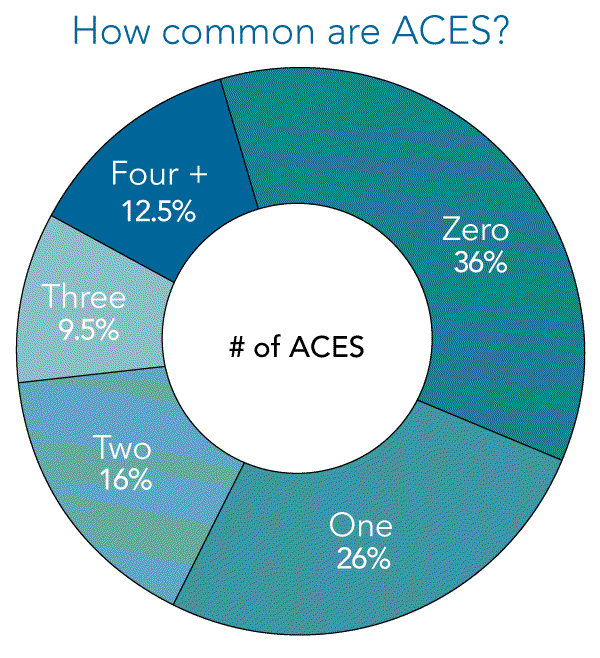Exposure to adverse childhood experiences (ACEs) in young children affects the developing brain in ways that may impact behavior, cognitive development and physical health. As research uncovers greater knowledge and understanding of how ACEs can modify the brain, the need to implement practices that counterbalance the influence of the stress response is key to effective interventions. This module explores the impact of ACEs on the brain and offers strategies that incorporate brain-based approaches to enable more positive outcomes for young children who have experienced ACEs. (2 hours)

View the course for free in On Demand
Objectives
- Describe normal vs. disrupted brain development in young children.
- Determine how early brain-based interventions can effectively address the impact of ACEs on young children.
- Identify the key components of successful brain-based interventions.
- Plan ways to incorporate brain-based interventions in child care settings.

